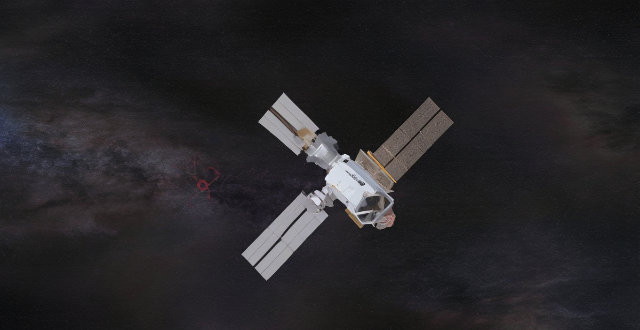The top space agencies leading the way in interstellar exploration research include NASA, ESA, JAXA, and Roscosmos. These agencies have made significant contributions to our understanding of celestial bodies beyond our solar system through various missions and technologies.

Which Space Agencies are Leading the Way in Interstellar Exploration Research?
Interstellar exploration research is a field that involves the study of stars, planets, and other celestial bodies beyond our solar system. Several space agencies around the world are working on this exciting area of research, but some of them stand out as leaders in the field. In this article, we will take a closer look at the top space agencies that are leading the way in interstellar exploration research.
1. National Aeronautics and Space Administration (NASA)
The National Aeronautics and Space Administration (NASA) is one of the most well-known space agencies in the world. It has been involved in interstellar exploration research for many years and has made significant contributions to the field. Some of NASA's key achievements include:
* Sending multiple spacecraft to explore different planets in our solar system, such as Mars, Jupiter, and Saturn.
* Developing advanced technologies for space exploration, including rovers, landers, and telescopes.
* Conducting groundbreaking research on exoplanets, which are planets outside our solar system.
2. European Space Agency (ESA)
The European Space Agency (ESA) is another leading space agency that is actively involved in interstellar exploration research. Some of ESA's notable achievements include:
* Collaborating with NASA on several space missions, such as the Cassini-Huygens mission to Saturn.
* Developing cutting-edge technologies for space exploration, including satellites and launch vehicles.
* Conducting extensive research on exoplanets and their potential habitability.
3. Japan Aerospace Exploration Agency (JAXA)
The Japan Aerospace Exploration Agency (JAXA) is a relatively new player in the field of interstellar exploration research, but it has already made significant contributions. Some of JAXA's key achievements include:
* Successfully launching several satellites into orbit around Earth.
* Collaborating with other space agencies on joint missions, such as the Hayabusa2 mission to collect samples from an asteroid.
* Conducting innovative research on space propulsion technologies and robotics.
4. Roscosmos
Roscosmos, the Russian space agency, has also made important contributions to interstellar exploration research. Some of its notable achievements include:
* Sending multiple spacecraft to explore different planets in our solar system, such as Venus and Mars.
* Developing advanced technologies for space exploration, including Soyuz rockets and Vostok spacecraft.
* Conducting groundbreaking research on cosmic rays and their effects on human health during long-duration spaceflights.
In conclusion, these four space agencies are currently leading the way in interstellar exploration research by making significant contributions to our understanding of the universe beyond our solar system. Their work continues to inspire future generations of scientists and engineers who will build upon their legacy and push the boundaries of what we know about the cosmos.